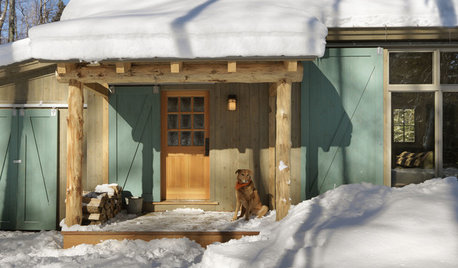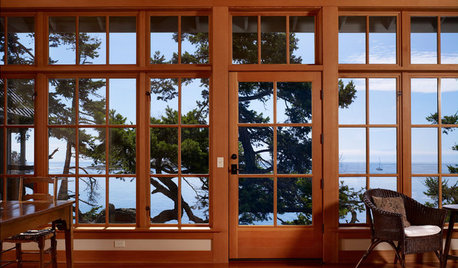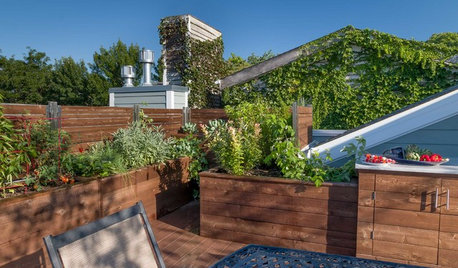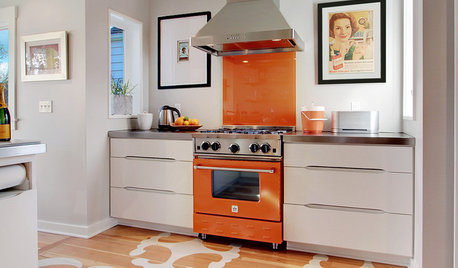Aspiring composter looking for basic advice
hillell
10 years ago
Related Stories

RUSTIC STYLE10 Cabin Rental Basics for City Slickers
Stay warm, dry and safe while you’re enjoying winter cabin life with this valuable advice
Full Story
GARDENING GUIDESGet on a Composting Kick (Hello, Free Fertilizer!)
Quit shelling out for pricey substitutes that aren’t even as good. Here’s how to give your soil the best while lightening your trash load
Full Story
ENTERTAININGEasy Hospitality: 3 Basics for Successful Hosting
Make guests comfortable even if resources are tight by getting these entertaining essentials down pat
Full Story
MOST POPULARTrend Watch: 13 Kitchen Looks Expected to Be Big in 2015
3 designers share their thoughts on what looks, finishes and design elements will be on trend in the year ahead
Full Story
FEEL-GOOD HOME10 Ways to Get That Casual Chic Look
Make your home look effortlessly elegant by balancing rustic and refined, mixing textures and having a little fun
Full Story
LIGHTINGHouse Hunting? Look Carefully at the Light
Consider windows, skylights and the sun in any potential home, lest you end up facing down the dark
Full Story
GARDENING GUIDES10 Tips for Beginning Gardeners
With a simple sketch, basic tools and the right plants, you’ll be on your way to growing your first flowers or edibles
Full Story
ORGANIZINGProfessional Tips for Organizing Your Clothes Closet
As summer draws to a close, get expert advice on editing and organizing your wardrobe
Full Story
WINTER GARDENINGPruning Secrets for Exquisite Roses
Encourage gorgeous blooms year after year with this time-tested advice on how to prune your rosebush in winter for health and shape
Full Story
HOUSEKEEPINGHow to Clean Your Range and Oven
Experts serve up advice on caring for these kitchen appliances, which work extra hard during the holidays
Full StoryMore Discussions







Kimmsr
lazy_gardens
Related Professionals
Londonderry Landscape Architects & Landscape Designers · Grand Haven Landscape Architects & Landscape Designers · Seabrook Landscape Architects & Landscape Designers · Waterbury Landscape Contractors · Azalea Park Landscape Contractors · Huntley Landscape Contractors · Kettering Landscape Contractors · Metairie Landscape Contractors · Milford Landscape Contractors · Wareham Landscape Contractors · Wilton Landscape Contractors · Estero Decks, Patios & Outdoor Enclosures · Green Bay Decks, Patios & Outdoor Enclosures · Lakewood Decks, Patios & Outdoor Enclosures · Rancho Palos Verdes Decks, Patios & Outdoor EnclosuresTXEB
dretutz
robertz6
livelydirt
louisianagal
luckygal
toxcrusadr
Priswell